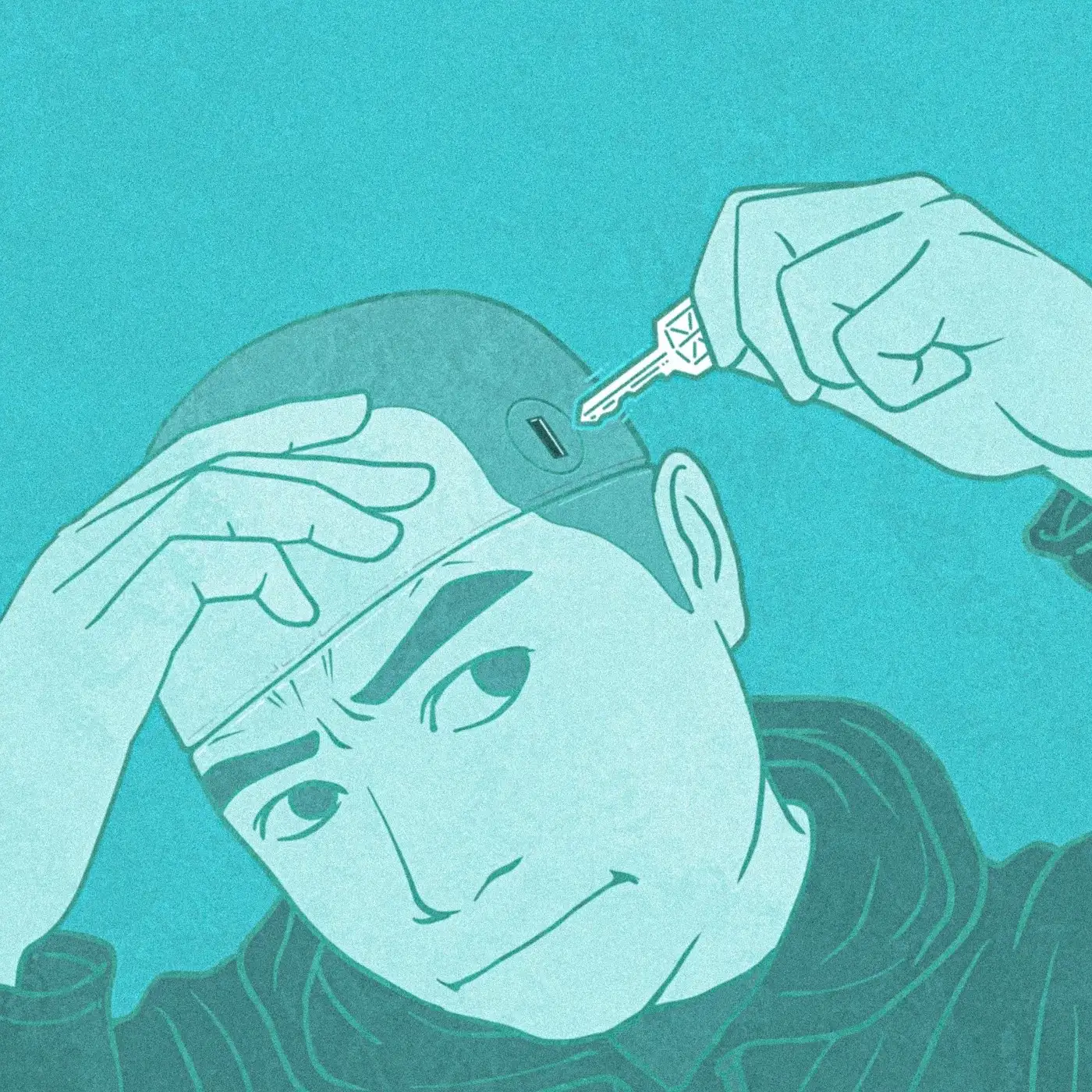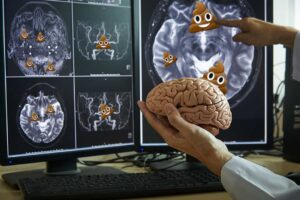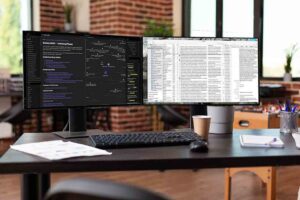Do You Have Free Will? These Studies Will Surprise You.
Thank you for deciding to click on this article, or did you decide? What if you found out you did not make that decision consciously? What if “your” decision to click on this article was made, for you, seconds before you were aware you would even click on it? That is what science is telling us.
This is another example of why intentionally programming your subconscious mind is critical to getting the destiny you want.
A study in Nature Neuroscience 1 found that “…our actions are initiated by unconscious mental processes long before we become aware of our intention to act.” In other words, your subconscious mind decides what you are going to do and then covertly sends that information to your conscious mind.
In a previous article, I showed you how your mind is twisting reality right in front of you and blatantly lying to your face.
This article will show you that your subconscious mind is like a skilled spouse; your subconscious mind tells your conscious mind what to do in a way that your conscious mind always thinks it was “your” idea. Your conscious decision-making process is an illusion, but that is by design, and we can work with that.
Like everything, your subconscious mind is hack-resistant, not hack-proof.
You, or your conscious mind, are the slow kid in class. This study 2 found “…the predictive neural information will have preceded the conscious motor decision by up to 10 s.” In other words, your subconscious mind has finished the test, turned it in, and making coffee, waiting for you to think you made the decision.
Science is discovering more and more that your subconscious is doing far more than once thought. Have you heard that BS that we only use 10% of our brain? The more accurate statement is that we only understand 10% of our brain, and 10% is very generous.
Nature has zero tolerance for anything that is not used. If we really did not use 90% of our brains, our heads would be the size of a grapefruit.
More studies are listed below if you need more proof that your subconscious mind is making decisions for you. Your takeaway from this article is how critical it is to find ways to hack your unique mind and input a new destiny.
While there are some similarities, each person’s mind works a little differently. But they ALL work. Everyone’s GPS will get them from starting point A to endpoint B, whether they intentionally set it or not.
Look at yourself; everything you see in your life visualizes how your GPS is set right now. You are standing on yesterday’s endpoint B in your GPS. You are also standing on point A for tomorrow’s destiny.
If you do not start intentionally programming your subconscious, your GPS, you know what tomorrow’s endpoint B will look like, right? Take action or keep living like the song by Nine Inch Nails; Every Day is Exactly the Same.
You have heard the saying before or one like it by Albert Camus, “Life is a sum of all your choices.” Now you know who is really making “your” choices. You need to hack in and edit your subconscious script!
We will be posting ways to help you learn to hack your subconscious mind. You are the first and only one of your kind. But not so unique that your mind is not hackable. All systems can be hacked.
If you enjoyed this, please subscribe to my email list below. Thank you!
Also, if you would like to contribute an article to The Science of Destiny, email me at [email protected].
More studies.
A second study found that “…the outcome of free decisions can be decoded from brain activity several seconds before reaching conscious awareness decoded from brain activity several seconds before reaching conscious awareness.”
A third study also found, “Our results show that regions of medial frontopolar cortex and posterior cingulate/precuneus encode freely chosen abstract intentions before the decisions have been consciously made.”
Chun Siong Soon, Brass, M., Heinze, H.-J., & Haynes, J.-D. (2008). Unconscious determinants of free decisions in the human brain. Nature Neuroscience, 11(5), 543–545. https://doi.org/10.1038/nn.2112
Bode, S., He, A. H., Soon, C. S., Trampel, R., Turner, R., & Haynes, J. D. (2011). Tracking the unconscious generation of free decisions using ultra-high field fMRI. PloS one, 6(6), e21612. https://doi.org/10.1371/journal.pone.0021612
Soon, C. S., He, A. H., Bode, S., & Haynes, J. D. (2013). Predicting free choices for abstract intentions. Proceedings of the National Academy of Sciences of the United States of America, 110(15), 6217–6222. https://doi.org/10.1073/pnas.1212218110





